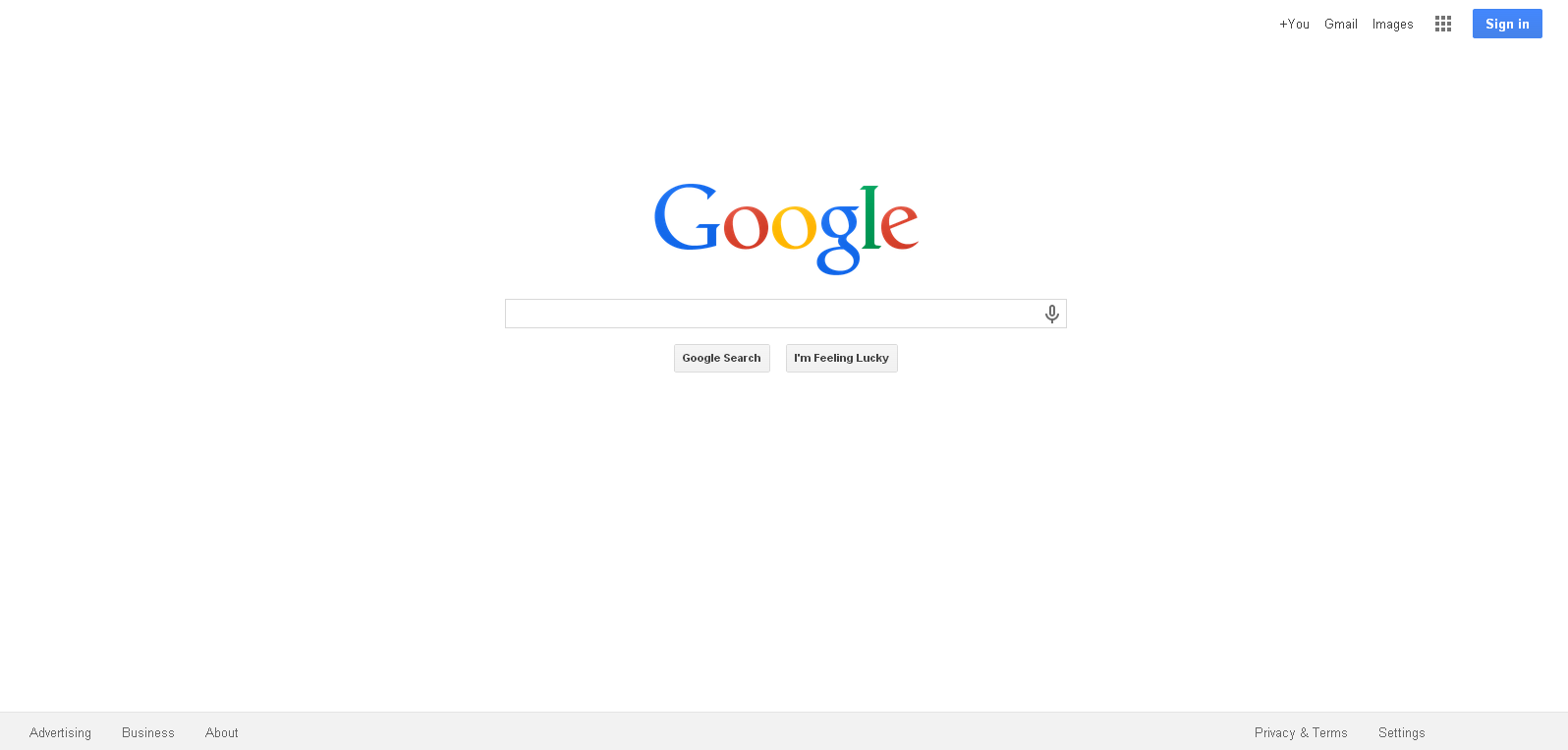Under Fire For $90m Exit Deal To Andy Rubin, Co Says It Fired 48 Employees Over #MeToo
Daisuke Wakabayashi and Katie BennerSan Francisco:
Google gave Andy Rubin, the creator of Android mobile software, a hero’s farewell when he left the company in October 2014. “I want to wish Andy all the best with what’s next,” Larry Page, Google’s then-chief executive, said in a public statement. “With Android he created something truly remarkable — with a billion-plus happy users.”
What Google did not make public was that an employee had accused Rubin of sexual misconduct. The woman, with whom Rubin had been having an extramarital relationship, said he coerced her into performing oral sex in a hotel room in 2013, according to two company executives with knowledge of the episode. Google investigated and concluded her claim was credible, said the people, who spoke on the condition they not be named, citing confidentiality agreements. Page asked for his resignation.
Google could have fired Rubin and paid him little to nothing on the way out. Instead, the company handed him a $90 million exit package, paid in installments of about $2 million a month for four years, said two people with knowledge of the terms. The last payment is scheduled for next month.
Rubin was one of three executives that Google protected over the past decade after they were accused of sexual misconduct. In two instances, it ousted senior executives, but softened the blow by paying them millions of dollars as they departed, even though it had no legal obligation to do so. In another instance, the executive remained in a highly compensated post at the company. Each time Google stayed silent about the accusations.
Sam Singer, a spokesman for Rubin, disputed that Rubin had been told of any misconduct and said he left the company of his own accord. “The NYT story contains numerous inaccuracies about my employment at Google and wild exaggerations about my compensation,” Rubin said in a statement after the publication of this article. “Specifically, I never coerced a woman to have sex in a hotel room. These false allegations are part of a smear campaign by my ex-wife to disparage me during a divorce and custody battle.”
When asked about Rubin and the other cases, Eileen Naughton, Google’s vice-president for people operations, said in a statement the company takes harassment seriously and reviews every complaint. After publication of this article online, Sundar Pichai, Google’s chief executive, and Naughton wrote in an email to employees that the company had fired 48 people for sexual harassment during the last two years and that none of them received an exit package. “We are committed to ensuring that Google is a workplace where you can feel safe to do your best work, and where there are serious consequences for anyone who behaves inappropriately,” they wrote.
Some within Google said that was not enough. “When Google covers up harassment and passes the trash, it contributes to an environment where people don’t feel safe reporting misconduct,” said Liz Fong-Jones, a Google engineer for more than a decade and an activist on workplace issues. “They suspect that nothing will happen or, worse, that the men will be paid and the women will be pushed aside.”
In another harassment case, Google paid Amit Singhal, a senior vice-president who headed search, millions of dollars on the way out. In 2015, an employee said Singhal groped her at a boozy off-site event attended by dozens of colleagues. Google found her claim credible, they said. The company did not fire Singhal, but accepted his resignation and negotiated an exit package that paid him millions and prevented him from working for a competitor.
Less than a year later, he became head of engineering at Uber. Weeks later, the technology news website Recode reported that Singhal had left Google after a misconduct accusation. Uber dismissed Singhal for not disclosing the inquiry. Uber and Singhal declined to comment. In a statement last year, he said that “harassment is unacceptable” and that he had not engaged in any such behaviour. NYT NEWS SERVICE



October 29, 2018 at 4:32 pm
The corporate character is evident in the treatment of the former boss of the company
October 29, 2018 at 4:33 pm
The person who may be accused of harassment has been given a royal treatment